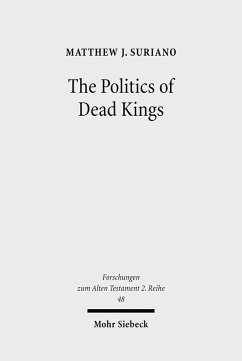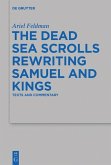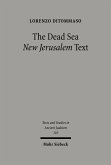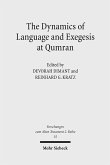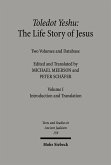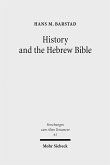In the narrative of Israel and Judah found in the Book of Kings, the end of a king's rule is summed up in a series of stock statements that begin with the poetic idiom for death: 'and [the king] lay with his fathers.' The summary statements all revolve around the problem of royal death and succession, encapsulated in a brief epilogue that consisted typically of a notice of burial (in the royal tombs) and the introduction of the successor. As such, the formulaic statements conveyed royal legitimacy through the ideals of political continuity and the linear descent of power. The formulaic epilogues reflected the importance of funerary rituals and royal tombs in their ability to confront the political problem posed by a king's death and the subsequent act of dynastic succession. This political ideology found in the epilogues of Kings was consistent with the political landscape of the Levant during the Iron Age. BA in History from University of Illinois, Urbana-Champaign; MA in Ancient History from Jerusalem University College, MA and PhD in Hebrew Bible and Northwest Semitics from University of California, Los Angeles; has taught at University of Southern California's School of Religion and was a Lecturer in Near Eastern Languages and Cultures at UCLA with a visiting faculty appointment in the Department of Religious Studies at the University of California, Santa Barbara; currently Visiting Lecturer in Hebrew Bible and Ancient Judaism in the Department of Religious Studies at Indiana University, Bloomington.
Dieser Download kann aus rechtlichen Gründen nur mit Rechnungsadresse in A, B, BG, CY, CZ, D, DK, EW, E, FIN, F, GR, HR, H, IRL, I, LT, L, LR, M, NL, PL, P, R, S, SLO, SK ausgeliefert werden.

